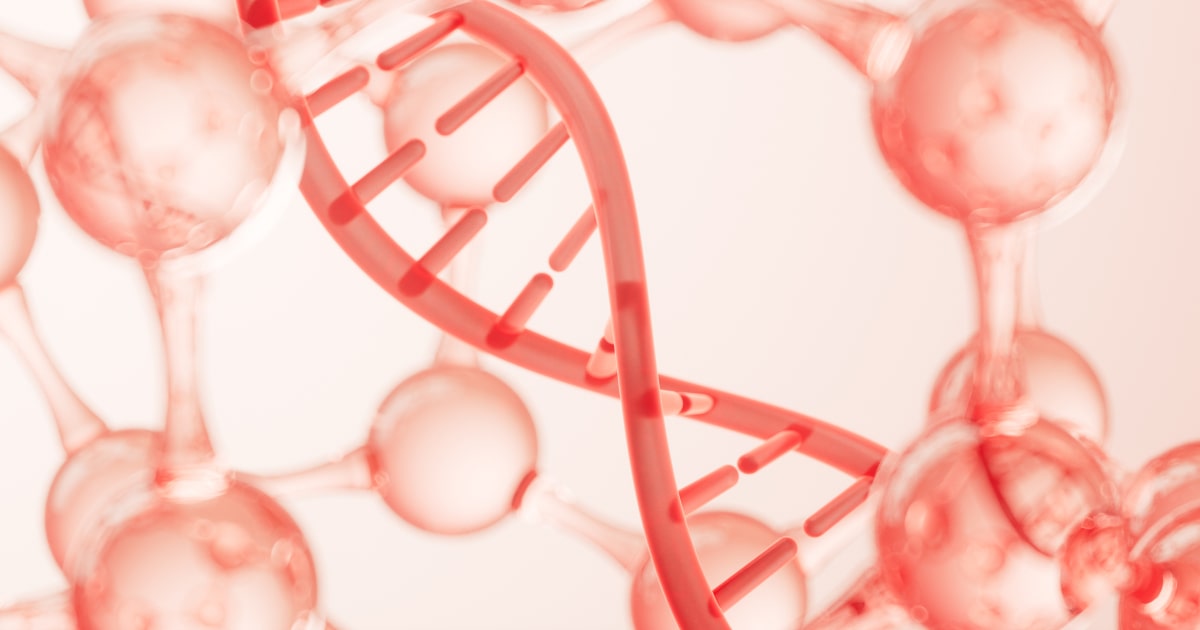
Expert Reviewed By: Dr. Brandon Colby MD
Depression is a complex and debilitating mental health disorder that affects millions of people worldwide. With numerous factors contributing to its onset and severity, finding the right treatment can be a daunting task. Antidepressant medications are a common treatment option, but their effectiveness varies from person to person. This variability has led scientists to explore the role of genetics in determining how an individual responds to antidepressant drug therapy. In this article, we delve into the world of genetic testing and its potential to revolutionize antidepressant drug treatment.
Understanding the Genetic Basis of Antidepressant Drug Response
Recent research has shed light on the genetic factors that influence an individual's response to antidepressant medications. Studies have identified specific genetic variants that can affect the metabolism of these drugs, ultimately impacting their efficacy and side effects2. Furthermore, genetic factors may also play a role in the biological mechanisms underlying major depressive disorder itself1.
Genetic Testing for Antidepressant Metabolism
One key aspect of genetic testing in the context of antidepressant drug treatment is the identification of genetic variants that affect the metabolism of these medications. For example, the CYP2B6 gene is responsible for encoding an enzyme involved in the metabolism of several antidepressant drugs4. Variations in this gene can lead to differences in drug metabolism rates, which can, in turn, influence treatment efficacy and the risk of side effects. By identifying these genetic variants, clinicians may be able to tailor drug therapy to an individual's unique genetic makeup, potentially improving treatment outcomes and minimizing side effects.
Genetic Testing for Biological Mechanisms of Depression
Another promising avenue for genetic testing in the field of depression treatment is the investigation of the biological mechanisms underlying the disorder itself. Human dermal fibroblasts, for example, have been identified as a potential cellular model for studying these mechanisms1. By examining the genetic characteristics of these cells, researchers may be able to gain valuable insights into the molecular processes that contribute to depression, paving the way for the development of more targeted and effective treatments.
Diagnosing and Using Genetic Testing for Antidepressant Drug Treatment
As our understanding of the genetic factors influencing antidepressant drug response continues to grow, the potential for genetic testing to improve treatment outcomes becomes increasingly apparent. By incorporating genetic testing into the diagnostic process, clinicians may be able to better predict an individual's response to specific medications and adjust treatment plans accordingly.
Personalized Treatment Plans
Genetic testing can provide valuable information about how an individual is likely to respond to a particular antidepressant medication. By identifying genetic variants that affect drug metabolism and response, clinicians can develop personalized treatment plans that take into account an individual's unique genetic makeup. This may lead to more effective treatment outcomes and a reduced risk of side effects.
Accelerated Response to Treatment
One of the most significant benefits of genetic testing in the context of antidepressant drug treatment is the potential for an accelerated response to therapy. By identifying the most appropriate medication for an individual based on their genetic profile, clinicians may be able to reduce the trial-and-error process often associated with finding the right antidepressant. This can lead to faster treatment response times and improved overall outcomes for patients.
Implications for Drug Safety and Dosing
Genetic testing can also have important implications for drug safety and dosing. By identifying genetic variants that affect drug metabolism, clinicians can adjust dosing regimens to minimize the risk of adverse drug reactions and ensure that patients receive the most effective dose of medication based on their unique genetic makeup4.
In conclusion, the emerging field of genetic testing holds great promise for the future of antidepressant drug treatment. By harnessing the power of our genetic blueprint, we may be able to develop more personalized and effective treatment plans for individuals suffering from depression, ultimately improving the lives of millions of people worldwide.
About The Expert Reviewer
Dr. Brandon Colby MD is a US physician specializing in the personalized prevention of disease through the use of genomic technologies. He’s an expert in genetic testing, genetic analysis, and precision medicine. Dr. Colby is also the Founder of and the author of Outsmart Your Genes.
Dr. Colby holds an MD from the Mount Sinai School of Medicine, an MBA from Stanford University’s Graduate School of Business, and a degree in Genetics with Honors from the University of Michigan. He is an Affiliate Specialist of the American College of Medical Genetics and Genomics (ACMG), an Associate of the American College of Preventive Medicine (ACPM), and a member of the National Society of Genetic Counselors (NSGC)